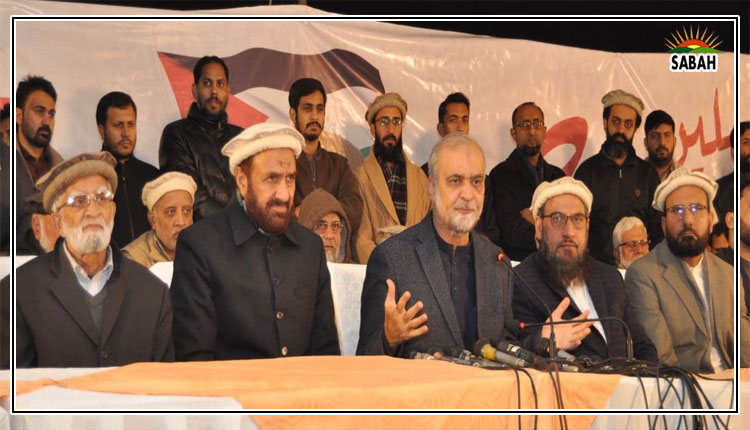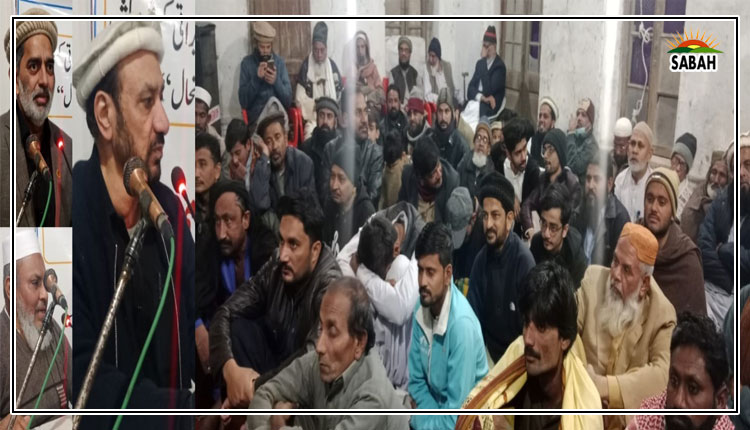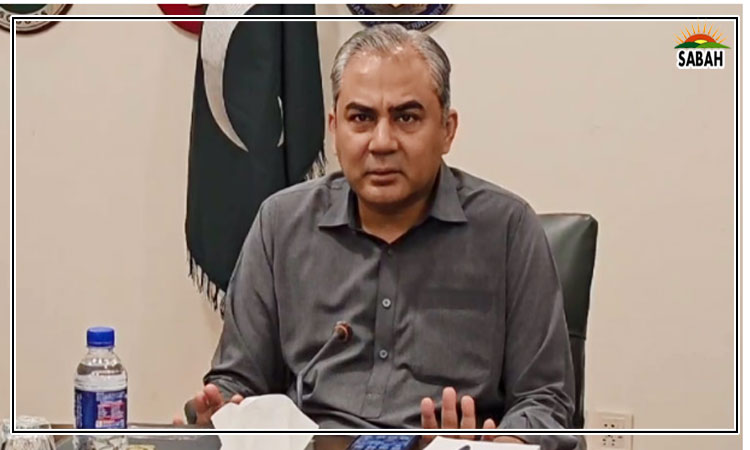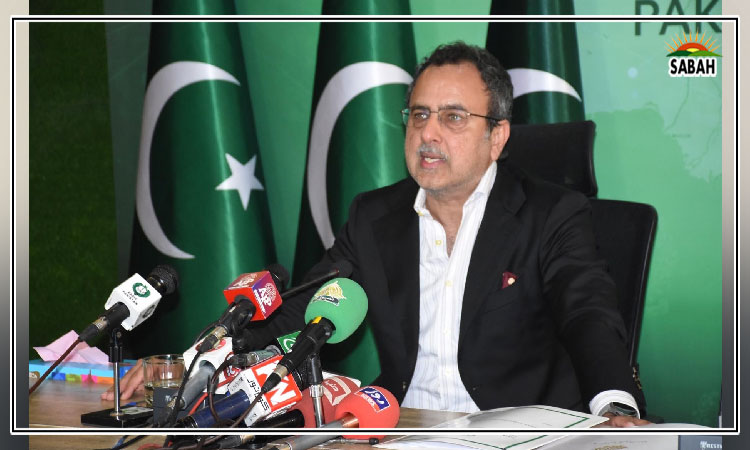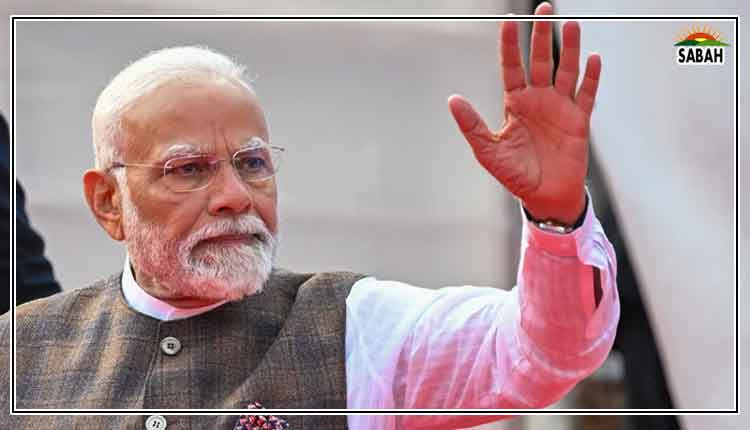The tea is still fantastic…Dr Khurram Abbas
As the 18th Lok Sabha elections in India draw closer, a propaganda campaign for Indian PM Narendra Modi has been unleashed by various segments of Indian society.
On January 8, the Times of India published an article, Qatal Ki Raat: How PM Modi declined Imran Khans midnight call, based on former Indian high commissioner Ajay Bisarias forthcoming book, Anger Management: The Troubled Diplomatic Relationship between India and Pakistan.
The Hindutva ideology, which glorifies jingoism, masculine heroism, and militarism, is also reflected in the article that has quoted tall claims made in the aforementioned book. Overall, it tries to portray that the Indian prime ministers aggressive attitude and zero tolerance for cross-border terrorism left no choice for Pakistan but to release Indian pilot Abhinandan. The article has also raised questions about the Pakistan Armys war preparedness. These tall claims by Ajay Bisaria require further scrutiny.
The claim that Indias tough messages unnerved Pakistan is baseless due to multiple reasons. First, following the so-called surgical strikes in Balakot, Pakistan would not have escalated the situation if it had been apprehensive about Indian aggression. Retaliatory strikes within 24 hours of the Balakot attack depict the resolve and commitment of the armed forces to defend Pakistan.
Second, Pakistans military preparedness also dumbfounded India with retaliatory air strikes that locked three sensitive Indian military targets in broad daylight and shot down two Indian aircraft. With a three times larger military force, any professional army would have responded but the Indian political and military leadership was in a state of operational paralysis which was so acute that six Indian Air Force (IAF) personnel including a senior officer were killed in fratricide when a surface-to-air missile hit Indias MI-17.
Furthermore, as far as the repatriation of Wing Commander Abhinandan Varthaman is concerned, the article fails to acknowledge Pakistan’s adherence to international law and the Geneva Conventions in his repatriation. Pakistan’s responsible and transparent handling of the situation, presenting the pilot to the media and ensuring his safety in accordance with international conventions, especially the Third Geneva Convention 1949, reflects Pakistan’s commitment to peace and international law. It is crucial to scrutinize such narratives that contribute to a divisive atmosphere, emphasizing the need for a more constructive and cooperative approach between India and Pakistan for lasting peace in the region.
What the international community and civilized nations call diplomacy has been presented in the article as unnerved and spooked. Pakistan engaged in diplomatic efforts to draw attention to the volatile situation, which is a normal practice in diplomacy. There is no harm in utilizing diplomatic channels to communicate Pakistan’s stance and willingness to de-escalate the situation for the sake of the people of the Subcontinent.
In fact, it was due to Pakistans effective diplomacy that the broader international community, including the United States, the European Union, and other major powers, called on both countries to exercise restraint and avoid further escalation. The Indian article has tried to downplay Pakistans diplomatic efforts. Contrary to this, due to Pakistans efforts, the-then US president Donald Trump publicly expressed his willingness to mediate between India and Pakistan to help resolve the crisis.
Unfortunately, Pakistan’s efforts to exercise restraint, prioritize diplomatic solutions, and avoid further escalation in the face of regional tensions have been seen as weaknesses and naivety by Indian political and strategic leadership. This attitude of the Indian elite is dangerous to regional peace and security.
It is crucial to acknowledge that in the last two decades, the relationship between India and Pakistan has faced numerous challenges and periods of tension. However, amidst these challenges, Pakistan has consistently shown restraint and a firm commitment to preventing escalation. A recent illustration of this commitment is evident in the accidental misfire of an Indian missile into Pakistani territory. Pakistan’s mature response to this incident underscores that its policy of restraint is a deliberate choice rather than a response compelled by Indian coercive diplomacy.
India has resorted to mythical stories and fantasies on Pakistans Operation Swift Retort. Soon after February 27, 2019, India consistently tried to present destroyed aircraft and the captured IAF fighter pilot as success stories to spin facts in New Delhis favour. The article and the forthcoming book constitute a deliberate effort to influence Indian public sentiment and portray Modi as a charismatic leader. In reality, Modi experienced two consecutive and humiliating tactical defeats in February 2019 during the Balakot crisis and the Galwan Valley skirmishes.
The strong and timely retaliation by Pakistans armed forces to Modi’s so-called ‘surgical strikes’ continues to haunt Modi and the Indian military. The destroyed aircraft and the video message of the IAF pilot still serve as evidence that the tea was fantastic.
Courtesy The News


